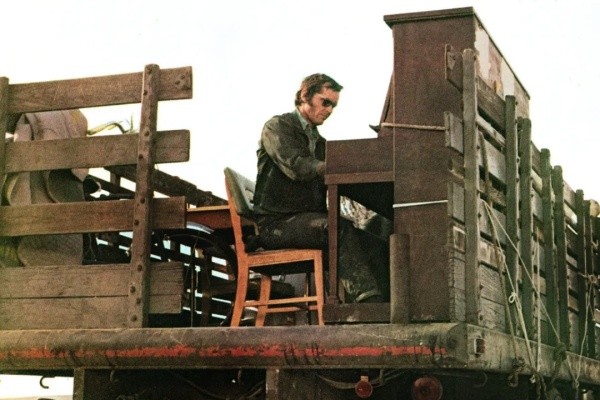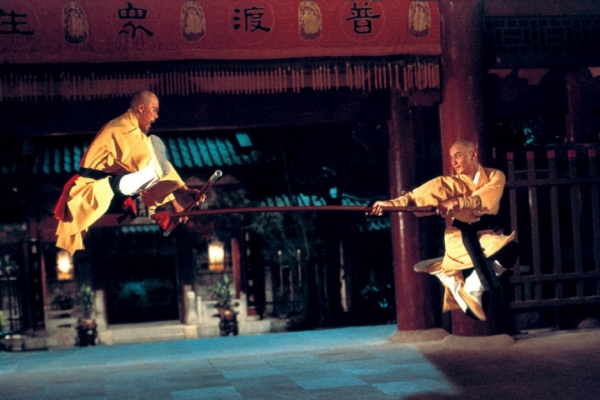Not as purely cinematic as some of his greatest works, but Ray manages to invoke feelings of introspection as a movie star gets a reality check from strangers—and fans—he encounters on a train.

Review #2,186
Dir. Satyajit Ray
1966 | India | Drama | 117 mins | 1.33:1 | Bengali
Not rated – likely to be PG13
Cast: Uttam Kumar, Sharmila Tagore, Bireswar Sen
Plot: En route to Delhi to receive an award, a Bengali film star reevaluates his success through his fellow passengers, dreams and past experiences.
Awards: Won UNICRIT Award & Special Mention; Nom. for Golden Bear (Berlinale)
Source: RDB Entertainment
Accessibility Index
Subject Matter: Moderate – Celebrity, Fame, Reflection
Narrative Style: Slightly Complex
Pace: Slightly Slow
Audience Type: Slightly Arthouse
Viewed: Criterion Blu-ray
Spoilers: No
The Hero, also known as Nayak, isn’t as well-known as some of Satyajit Ray’s greatest films, and it is not difficult to see why. It’s not as purely cinematic as, say, Pather Panchali (1955) or as visually and aurally enticing as The Music Room (1958), spending a large portion of its scenes in a single contained space—the various compartments of a moving train.
Not that it has to be like a Hitchcock movie, but there is little in the way of suspense or stakes high enough that allows the narrative to play out with a naturally escalating momentum. For much of its duration, the film relies largely on how immersed or interested you are in the story in the first place.
Legendary Bengali actor Uttam Kumar plays Arindam Mukherjee, an immensely popular movie star who travels by train to receive an award in Delhi.
Sensing that he might have a flop after many years of great successes at the box-office, coupled with his encounters (some fleeting, others substantial) with various strangers on the train that causes him to do a bit more self-reflection than expected, Arindam gets a reality check as feelings of introspection are invoked in him.
“A film actor is nothing but a puppet.”
While Ray’s use of flashbacks and surreal dream sequences might seem odd, and at times, overly theatrical, especially in a work about a consistent, realist present, The Hero does get a few powerful and perceptive moments that Ray is perfectly capable of, particularly from scenes involving Arindam and a young sickly girl, whom with her family shares the same carriage with him.
On the other hand, his scenes with Sharmila Tagore, who plays an inquisitive editor of a women’s magazine, form the crux of the soul-searching that he realises he must undergo.
Overall, The Hero isn’t as deep or philosophical as it has been made out to be, but Ray does make some finer, perhaps metaphorical, points about navigating the perils and pressures of being a superstar in the eyes of an adoring and also critical public—either you try to arrive at a station safely every single time, or meet with a train wreck when you least expect it.
Grade: B+
Promo Clip:












[…] as highly-praised or widely seen as Ray’s other films in the period such as Charulata (1964) or The Hero (1966), The Holy Man is worth a look if you have the chance […]
LikeLike